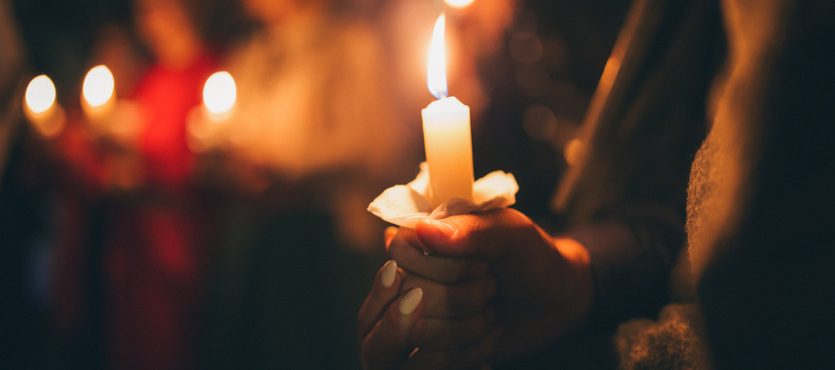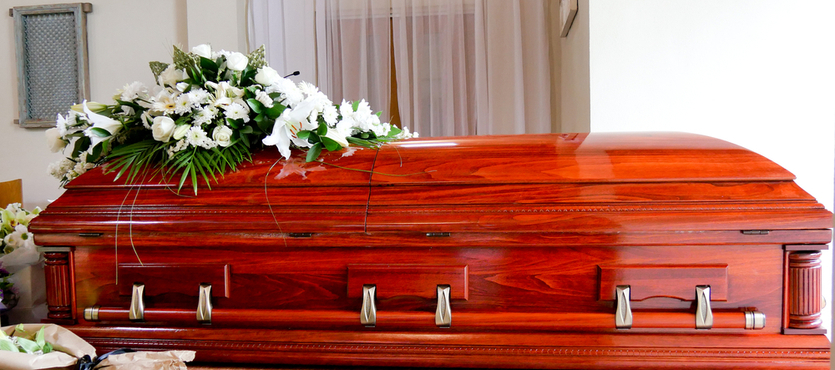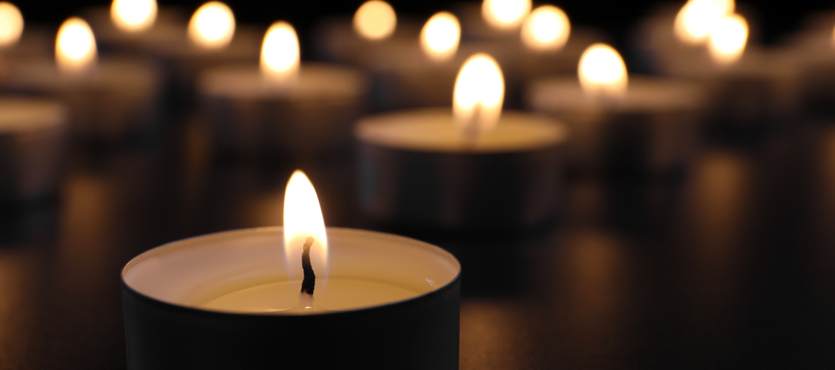Wrongful Death



Working on the sea is an inherently dangerous profession. The men and women who take to the water put their lives at risk each and everyday they perform their jobs. While advances in communications, emergency protocols, and other safety measures have come a long way since we first took to the sea, there still remains the possibility of fatality.
In situations of fatality over water, maritime law gives surviving family members legal remedy to recover for their loved one’s passing and hold wrongdoers accountable in situation of negligence. Recovering this type of compensation can be an uphill battle for some: many shipping companies and vessel owners are powerful entities, bent on denying liability even in the face of obvious negligence.
Wrongful Death Admiralty Laws
Depending on the circumstances of the crewmembers untimely passing, the spouses, children, parents, or siblings may bring maritime wrongful death claims through the Jones Act, the General Maritime law, or Death on the High Seas Act (DOHSA). Depending on which of these laws govern the situation, the survivors are eligible to recover for a multitude of damages including funeral costs, lost wages, pre-death medical expenses, and pain and suffering.
Wrongful death claims typically center around allegation the deceased’s passing was the proximate cause of negligence by the ship’s captain or crew. Families may also bring claims against the ship’s owner, alleging unseaworthiness of the vessel caused the deceased’s untimely passing.
The Jones Act
Adopted in 1920, The Merchant Marine Act (commonly known today as The Jones Act) is a federal law giving formal rights to injured and deceased crewmembers. Under The Jones Act, the families of crew members killed in U.S. territory may bring wrongful death claims against the ship’s owner, captain, or crew for negligent behavior proximate to the cause of death.
The Jones Act claims are entitled to trial by jury.
Claims under The Jones Act must be brought within three years of the crewmembers passing. Failure to file claims in a timely manner may not be able to file claims to recover any compensation.
Who can bring wrongful death claims under The Jones Act
Eligible parties who may bring wrongful death claims under The Jones Act include:
- Spouses through marriage or common law at the time of passing
- Minor children or adult children who relied on the deceased’s financial support
- Parents depending on the finances of the crewmember
- Siblings who relied on the decedent for financial support
What damages can I recover under The Jones Act?
Survivors of deceased crewmembers can recover pecuniary damages as well as damages for the pre-death pain and suffering felt by the deceased before his or her passing, like so:
Economic Damages
- Lost wages of the deceased
- Financial support to dependents
- Funeral costs
- Pre-death medical expenses
Noneconomic damages
- Loss of services (chores and other household duties)
- Care and guidance to dependent children
- Pre-death pain and suffering felt by the deceased
Death on the High Seas Act
Under the Death on the High Seas Act, family members of crewmen killed beyond U.S. waters may bring wrongful death claims for fatalities resulting from negligence or unseaworthiness of the vessel. The Act was signed into law by President Woodrow Wilson in 1920 and remains the chief remedy to recover damages for wrongful death claims beyond U.S. coastal waters.
Who can file wrongful death claims under the Death on the High Seas Act?
Like The Jones Act, surviving family members dependent on the deceased’s income may file wrongful death claims to recover for their damages. Under the DOHSA, court apportion compensation among eligible dependents proportionally based on each person’s loss. Eligible parties include:
- Spouses through marriage or common law
- Minor children or adult children who relied on the deceased’s financial support
- Parents depending on the finances of the crewmember
- Siblings who relied on the decedent for financial support
What compensation am I eligible to sue for under the Death on the High Seas Act?
Although the DOHSA does not specifically give defendants the right to recover for the deceased’s lost income, the Act states “fair compensation for the pecuniary loss sustained by the individuals for whose benefit the action is brought.” What this means is that financial support that would have gone to the deceased’s dependents are what is actually recoverable.
Recoverable compensation under the DOHSA include:
- Loss of Support – Financial contributions to spouses, children, and other dependents over the decedent’s expected work life expectancy
- Loss of Inheritance – Accrual of wealth expected to be left behind to dependents
- Loss of Services of the Deceased – Monetary value placed on the household services the deceased would have provided
The Act, like the Jones Act, only allows defendants to file claims for pecuniary damages. Dependents may not file claims for loss of grief, mental anguish, or loss consortium as these are not financial damages. Unlike the Jones Act, pre-death pain and suffering of the deceased is not an actionable claim unless the deceased (while still alive), suffered while bringing a personal injury lawsuit for the injuries which ultimately resulted in his or her death.
Time Limits on Filing DOHSA Wrongful Death Claims
Family members must file wrongful death claims under the DOHSA within three years of their loved one’s passing. Otherwise, these dependents may be barred from recovery.
Florida Maritime Wrongful Death Attorneys
For years, BRILL & RINALDI, The Law Firm, have proudly represented the families of crew members who lost their lives at sea. Our firm has the experience, dedication, and resources to take on even the most powerful of ship owners and corporations and recover the compensation dependents need to put their lives back together and focus on healing.
If your family lost a loved one while performing his or her maritime duties, speaking for free to an experienced attorney of BRILL & RINALDI, The Law Firm, can help you understand these special circumstances and bring the right claim against liable parties. For a free consultation about your wrongful death case, contact our office.
Get The Justice You Deserve
Call Us Today For A Free Consultation
At BRILL & RINALDI, The Law Firm we are dedicated to providing our clients with the highest standard of legal representation. Our comprehensive experience both inside and outside the courtroom allows us to provide our clients with unparalleled legal advice.
Contact Us!
